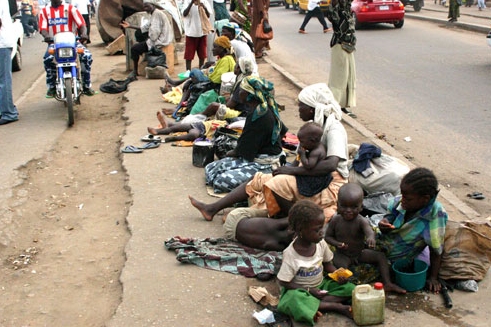
The government is to undertake a project known as the Common Targeting System (CTS) to compile a credible single registry of all persons in the country who genuinely require social protection programmes.
The CTS project, which begins in January next year, is being led by the Ministry of Gender, Children and Social Protection (MGCSP), and it is also to establish a database for any social intervention programme in the country.
Mr Mawutor Ablo, Director of Social Protection at MGCSP, announced this at a forum on social protection and social sector interventions within the Savannah Accelerated Development Authority (SADA) zone in Tamale on Wednesday.
The forum was organised by MGCSP, and SADA with support from the United Nations Children’s Fund (UNICEF) and the United Nations Development Programme (UNDP) and attended by representatives of civil society organizations (CSOs) and non-governmental organizations (NGOs) operating in the SADA zone.
The forum aimed to review the existing coordination mechanisms and on-going social protection programmes within the SADA zone with a view to scaling up and integrating these programmes for increased impact on the vulnerable.
Mr Ablo said the CTS would ensure easy identification of real people who needed social intervention programmes in the country.
He said the MGCSP, through the Ghana Statistical Service, had piloted the CTS project in some parts of the country by administering a carefully designed questionnaire to identify the real people who required social intervention programme in the country.
He said the compilation of the single registry would begin in the Upper West Region from January next year, adding that the MGCSP was recruiting staff to help in the exercise to ensure the success of the project.
Alhaji Mohammed Muniru Limuna, Northern Regional Minister, said even though levels of poverty were reducing in the country, the levels in northern Ghana were still high, the reason “Social protection is important subject matter especially for those of us from the SADA regions.”
Alhaji Limuna said there was the need for all including government, development partners, CSOs and NGOs to begin to interrogate the underlying causes of the unending poverty in the SADA zone to pool resources and expertise for the development of the SADA zone.
Mr Chrys Anab, Coordinator for Social Development and Gender at SADA said “We are making bold attempts at addressing the concerns related to inequities, ineffectiveness and inefficiencies in the distribution and delivery of social services in the SADA regions.”
Source: GNA



